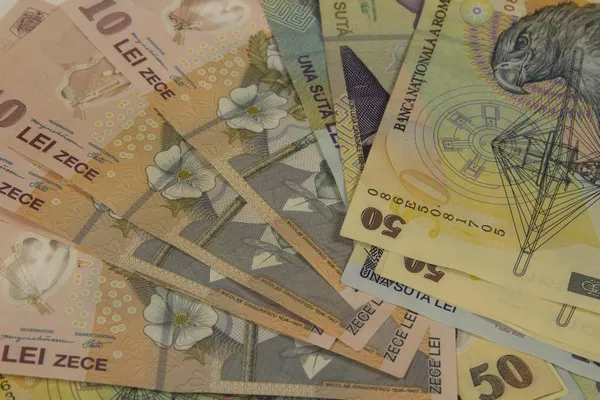Currency valuation is an important topic for both businesses and individuals who engage in international trade. The value of a currency affects the purchasing power of its holders and can have a significant impact on their financial well-being. One such currency that has been known for its stability and strength is the Swiss franc. In this article, we will explore what a Swiss franc is worth and why it is considered a safe-haven currency.
Introduction to the Swiss franc
The Swiss franc is the official currency of Switzerland and Liechtenstein and has been used in these countries since the late 19th century. It is abbreviated as CHF (Confoederatio Helvetica Franc) and is subdivided into 100 centimes. The Swiss franc is known for its stability, security, and low inflation rates, making it a popular choice for investors and traders around the world.
Historical performance of the Swiss franc
The Swiss franc has a long history of being a strong and stable currency. During World War II, the Swiss franc was one of the few currencies that maintained its value against gold. This made it a popular choice for investors looking for a safe-haven asset during times of economic uncertainty.
Since then, the Swiss franc has continued to perform well. In the early 2000s, the Swiss National Bank (SNB) pegged the Swiss franc to the euro to maintain stability in the country’s economy. However, in 2015, the SNB decided to lift the peg, causing the Swiss franc to appreciate rapidly against major currencies like the euro and the US dollar.
Despite this sudden appreciation, the Swiss franc remains a popular currency for investors due to its stability and low inflation rates. In fact, the Swiss franc is often referred to as a “safe-haven” asset, meaning it is seen as a reliable store of value during times of economic uncertainty.
Factors influencing the value of the Swiss franc
Several factors influence the value of the Swiss franc, including:
1. Political stability: Switzerland is known for its political stability and neutrality, which makes the country attractive to investors. Political instability can cause fluctuations in currency values, so the Swiss franc benefits from this stability.
2. Low inflation rates: The Swiss economy has a low inflation rate, which makes the country an attractive destination for foreign investors. A low inflation rate means that prices of goods and services remain relatively stable, which instills confidence in investors.
3. Economic performance: The Swiss economy is one of the most prosperous in the world, with a strong manufacturing sector and a thriving service industry. This economic performance supports the value of the Swiss franc.
4. Interest rates: Interest rates can have a significant impact on currency valuations. The SNB sets interest rates in Switzerland, and changes to these rates can affect the value of the Swiss franc.
Why the Swiss franc is considered a safe-haven currency
The Swiss franc is often referred to as a safe-haven currency due to its stability and reliability. During times of economic uncertainty, investors tend to flock to safe-haven assets like gold and the Swiss franc. This is because these assets are less likely to lose value during times of crisis.
The Swiss franc’s status as a safe-haven currency is largely due to the stability of the Swiss economy and the low inflation rates in the country. In times of global economic turmoil, investors seek out safe-haven assets to protect their investments, and the Swiss franc is seen as a reliable option.
Conclusion
In conclusion, the Swiss franc is a strong and stable currency that has a long history of being a safe-haven asset. Its stability, low inflation rates, and strong economic performance make it an attractive option for investors around the world. While factors such as political stability, interest rates, and economic performance can influence the value of the Swiss franc, it remains a popular choice for those seeking a reliable store of value during times of economic uncertainty.


